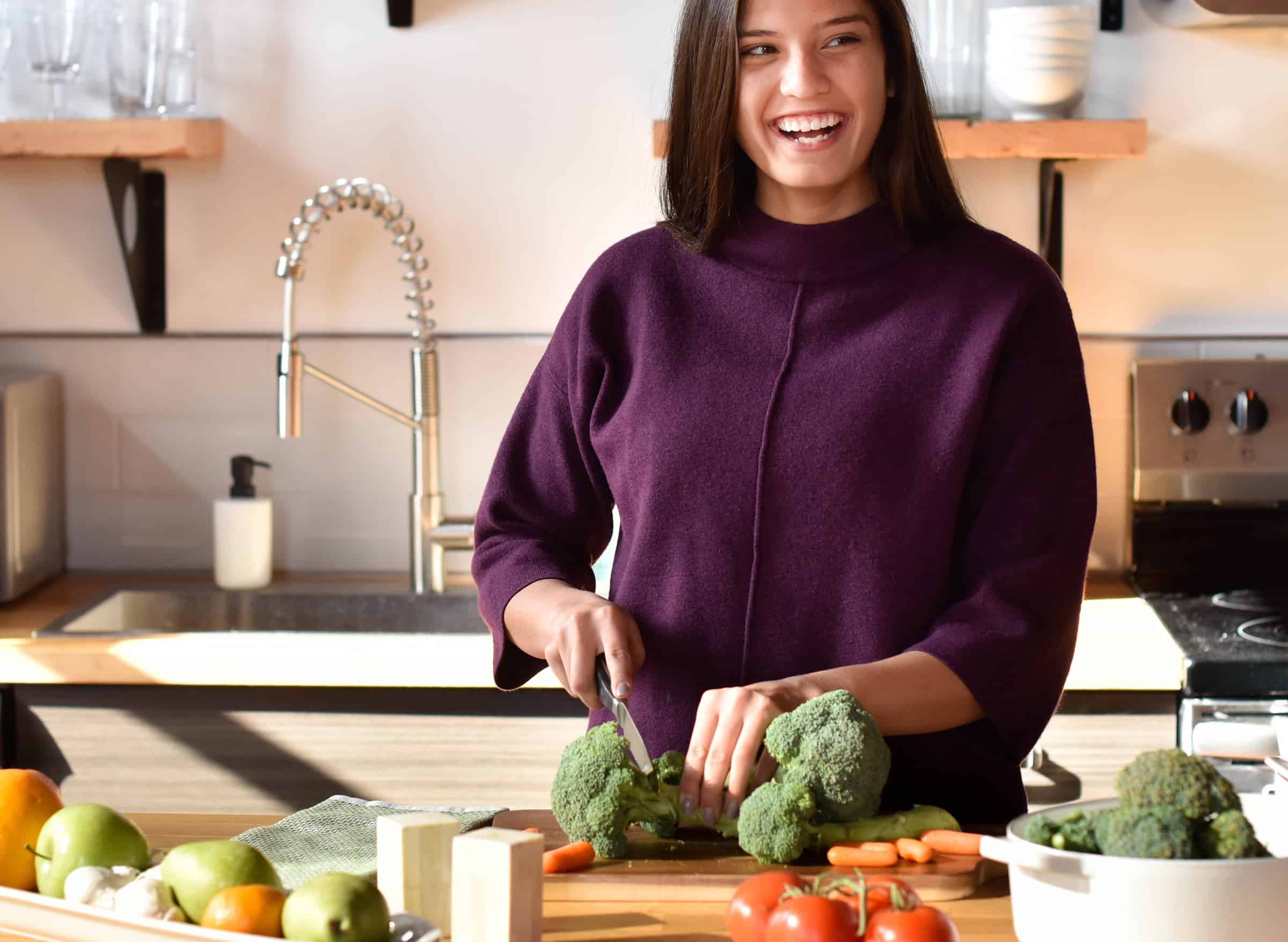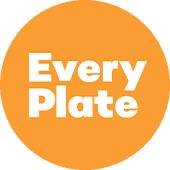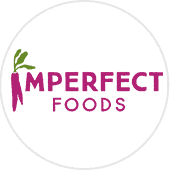It’s a well-known paradox that only a skilled cook knows how to prepare a meal in just a few minutes. You would think expertise would bring complexity, but making a meal can actually be divided into two simple states: preparation time and cooking time. Preparation time for rice is short-about a minute. Take it out of the bag, measure it, rinse it, and put it in the pot. The cooking time is longer, but this doesn’t mean you need to hang around the kitchen, impatiently testing the rice every few minutes to see if it’s ready. Just flip on a timer, and go about doing whatever else you need to do.
Vegetables, which are seriously lacking in most people’s daily diets, are especially easy to prepare. Making a salad involves rinsing and chopping. Cooking vegetables takes a couple of minutes of prep time to rinse and chop and then a few minutes of cooking time to steam, saute, or boil. Juicing is an instantaneous way to prepare vegetables; all you need is a juicer and a few minutes to clean it once you are done.
Other easy ways to eat vegetables are buying bags of baby carrots or celery sticks or simply washing vegetables and eating them in their natural, crunchy stat. Dip them in hummus, yogurt, or nut butters. They key is to have them available and ready for snacking. Learning the art of simple meal planning will help you get all of the nutrients you need as well as release you from dependency on restaurant food, fast food, and other processed foods.
We eat differently when we are feeding ourselves from when we are out and about. Restaurant food is usually very salty and highly flavored, as it’s designed to be a taste sensation. It often comes in oversized big portions, more than enough for the average person. By buying and preparing our own food, we eat in accordance with our body’s actual needs, and we are less likely to overeat or consume excess salt and flavoring.
Cooking delicious, satisfying meals in a brief period of time is a skill worth learning. It’s not difficult, but it takes practice. At first, you may burn the rice or overcook the kale, but that’s okay. You may go through an initial period of trial and error.
Give yourself permission to make mistakes. It’s like starting a new office job. The first few weeks seem complicated because you have to figure out how the phone system works, how the photocopy machine works, where the bathroom is, who’s who in the office. In the beginning it seems like a huge task, but a month later you are doing it without even thinking about it. You know it all by heart. Cooking is just like that.
Give yourself permission to make mistakes. It’s like starting a new office job.
For many people, the task of cooking seems daunting. They are puzzled and ask questions like, “How do plain, ordinary vegetables turn into such a delicious meal in a few minutes?” A chef is like an alchemist, turning simple ingredients into gold, transforming a caterpillar into a butterfly. But few cookbooks talk about the initial, most-challenging period. They don’t mention that cooking a meal takes much longer when you are an inexperienced chef than when you have had some practice. It is a great gift to be able to cook with ease and confidence. It just takes some patience and practice. In a short time, you will be effortlessly washing, chopping, cooking, and nourishing yourself and others.
Creatively selecting combinations of foods is similar to a painter choosing colors from a palette. Cooking is the only art form that actually enters the bloodstream. You can look at a painting and find it inspirational or listen to a piece of music to create a mood, but homemade food has a much deeper effect because it goes into your body. A very intimate relationship exists between a meal and the person who consumes it.
Reprinted with kind permission of Integrative Nutrition LLC. Integrative Nutrition: A Whole-Life Approach to Health and Happiness (2018), p. 195-196.










































